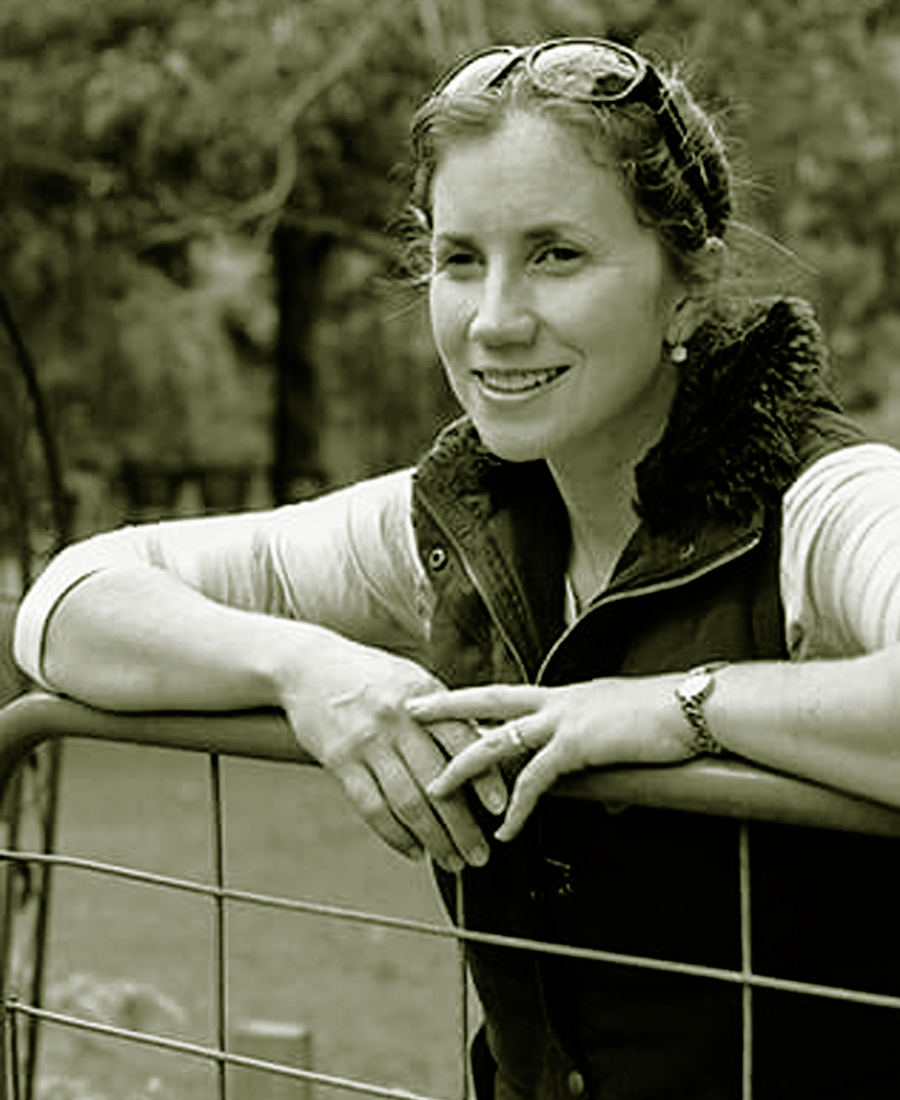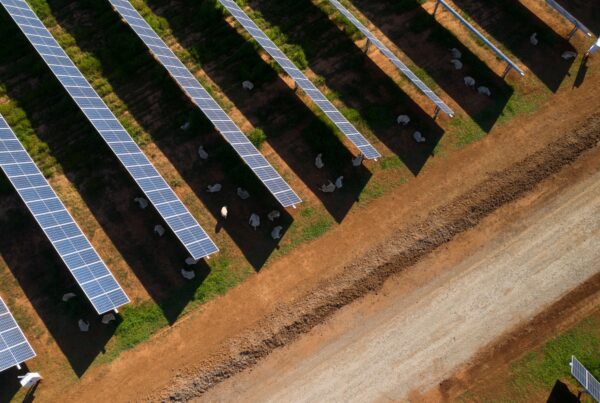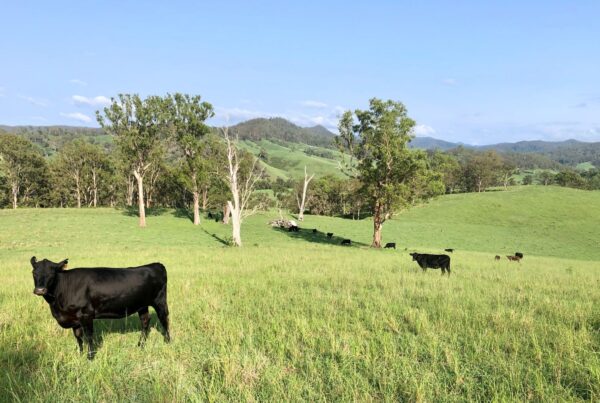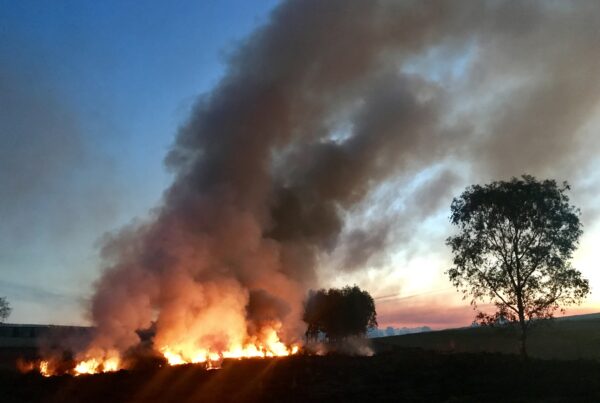
16 October 2018
New report highlights climate change challenge, calls for government plan for the bush
More than 3000 farmers are calling for a national plan for regional Australia and climate change, following the release of a report outside Parliament House in Canberra today.
The Rural Futures Report*, released by Farmers for Climate Action and The Next Economy, sets out a vision for a vibrant and sustainable regional Australia. It comes out of extensive discussions with experts, farmers and rural Australians.
Farmers for Climate Action CEO, Verity Morgan-Schmidt said: “This report highlights that we have opportunities to address the challenges facing regional communities, including climate, in ways that strengthen and diversify regional economies.
“This includes a support scheme for farmers to earn complementary income through activities such as installing renewable energy projects on farm land, carbon farming and water quality initiatives.
“We also have the chance to invest in innovative and climate smart agricultural practices to improve the health of soils and manage a changing climate. Without a plan, however those opportunities will be missed.”
Ms Morgan-Schmidt said failing to plan for the future of regional Australia would have much wider ramifications.
“Agriculture was the fastest growing sector of GDP last year. Its success is tied to thriving regional economies. Yet the Government has no plan to deal with the biggest threat facing Agriculture in Australia — climate change.
“We are calling on the Federal Government to heed the voices of regional Australians and put ideology aside and deliver a much needed plan for the bush,” Ms Morgan-Schmidt said.
The report’s lead author Dr Amanda Cahill from The Next Economy said: “All around the world, countries are embracing new technologies to reduce and absorb carbon emissions while creating new jobs across all sectors of the economy.
“Yet in Australia, our Federal Minister for Industry, Innovation and Science clings to old and dying industries. Given Australia’s vast resources and know-how, why aren’t our leaders focussing on how we manage the transition to a zero emissions economy to create new jobs for regional Australia?”
President of Community Energy for Goulburn Ed Suttle said: “We have been working to build Australia’s largest community owned solar farm in the country, yet the instability around energy policy has made investors wary.
“Renewable energy offers farmers an alternative source of income that can help see them through tough years — like we are currently experiencing. The lack of vision and support from this Government for policy that will benefit regional Australia is mind blowing.”
A copy of the report can be found here.
<ENDS>
Interviews available. Media contact: Cam Klose, 0490 436 948 [email protected]
Further information
* Other key recommendations from the report include:
- Encouraging innovation and technology compatible with strengthening ecosystems, including investment in renewable energy technologies, automation and digital technologies for communication and monitoring
- Provision of policy certainty to allow the flow of both private and public investment in sustainable energy projects
- Recognising the essential role health, education and social assistance institutions play in sustaining communities economically, and for the public sector to invest accordingly
- Ongoing support for economic development bodies, such as the Regional Development Authority, which support local government and businesses in regional areas
- Creating new opportunities to process raw materials and waste locally in a cost effective, efficient and environmentally responsible manner
- Providing concerted and targeted support to diversify regional economies so that they are less dependent on the mining sector and more economically resilient to changes in global markets
- Developing and enacting a national plan to phase out fossil fuel mining to address climate change, and prepare for the economic impacts associated with international markets moving away from fossil fuels






